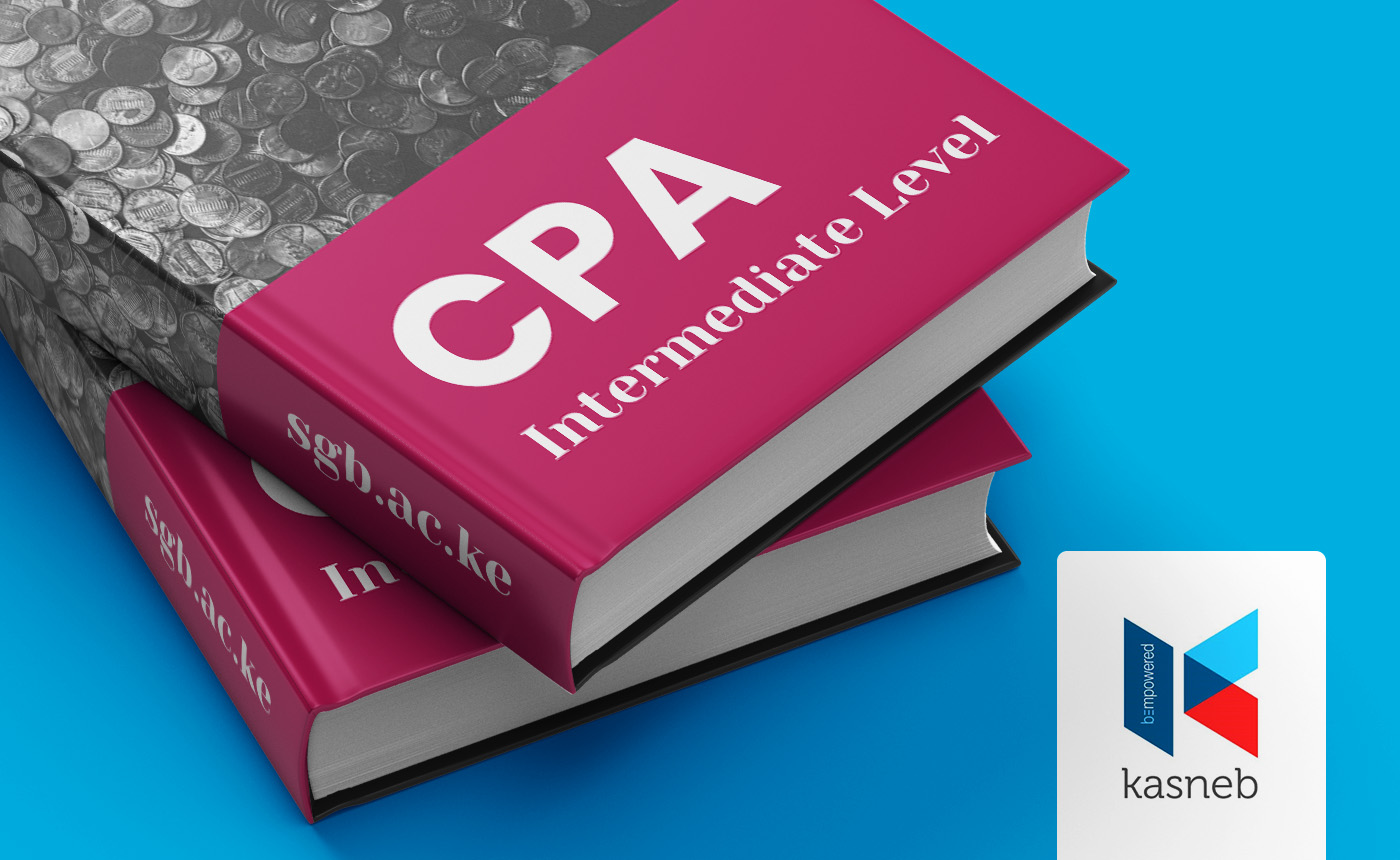Phone: +254 700 524589 | +254 782 524589 Email: [email protected]
Paper 09: Financial Reporting and Analysis

About Course
The Professional courses are administered at Foundation, Intermediate and Advanced Levels. Each level requires an average of one year, though candidates are advised to provide for an additional one year to meet requirements for internship/ practical experience.
A student must book for a minimum of three papers in a level in any order unless is exempted or has credits.
Prior to certification, candidates will be required to:
- Attend workshops on ethics, soft skills and emerging issues organised by kasneb and ICPAK and earn IPD hours.
- Obtain 1-Year practical experience, or alternatively attend workshops on work based simulation organised by kasneb and ICPAK.
This course is aimed at persons who wish to qualify and work or practice as professional accountants, auditors, finance managers, tax managers and consultants in related areas in both public and private sectors.
Course Content
SEPT – DEC 2025 CLASS RECORDINGS
-
SEPT 15TH
01:01:09 -
SEPT 22ND
58:21 -
SEPT 29TH
01:32:39 -
NOV 3RD
01:41:41
MAY TO AUGUST 2025 CLASS RECORDINGS
JAN – APR 2025 CLASS RECORDINGS
Accounting for Assets and Liabilities
Accounting for Specialized Transactions
Preparation of Financial Statements for different entities/Transactions
Preparation of Published Financial Statements
Accounting and Financial Statements for Interests in Other Entities
Analyzing Financial Statements
Public Sector Accounting Standards
PAST PAPERS
Online class link-Thursdays and Fridays
Student Ratings & Reviews

